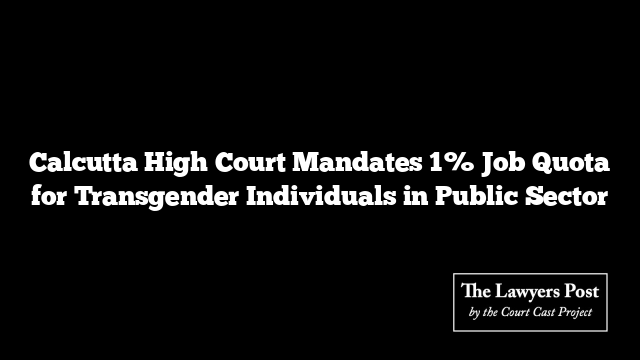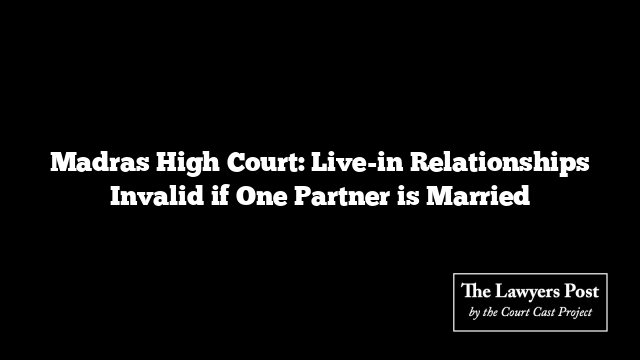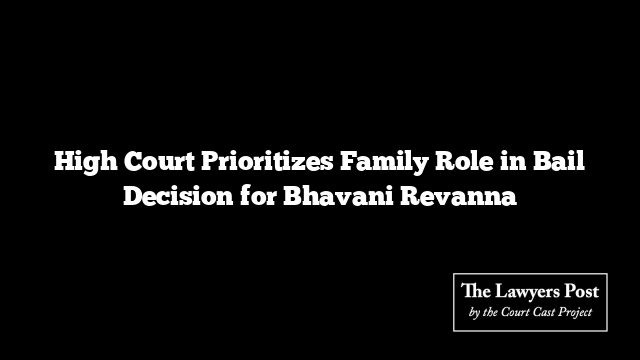In a landmark ruling, the Calcutta High Court has instructed the West Bengal government to implement a 1 percent reservation for transgender individuals in state public employment positions, emphasizing the need for inclusivity and equal opportunities.
Justice Rajasekhar Mantha issued the directive, citing the Supreme Court’s 2014 verdict in NALSA v. Union of India, which underscored the necessity of reservations in education and employment for transgender persons. The Supreme Court’s decision aimed to promote a range of welfare measures to uplift the transgender community, ensuring they receive equitable treatment in various societal aspects.
Despite West Bengal’s 2022 State policy advocating for equal employment opportunities for transgender individuals, the government had yet to enforce any reservation. Recognizing this lapse, the High Court mandated immediate action to align with the Supreme Court’s directive.
“This Court … notes that in terms of paragraph 135 (3) in NALSA (supra), reservation has not yet been made in the State for transgender persons. In those circumstances, this Court directs the Chief Secretary of the Government of West Bengal to ensure 1% reservation for the category of persons mentioned in the NALSA (supra) above, in all public employment in the State,” stated the June 14 order.
The ruling came in response to a petition from a transwoman aspiring to be a teacher. Having cleared the Teachers’ Eligibility Test (TET) in both 2014 and 2022, she was still excluded from the counselling and interview process. The Court has now instructed the State authority to conduct her interview and counselling as a special case and to appoint her as an assistant teacher in the primary section, against future vacancies.
“Let appropriate relaxation be made in the instant case for the petitioner by the Principal Secretary, School Education Department to ensure her appointment,” the Court added, thereby ensuring that her plea was addressed with due urgency and fairness.
Legal representatives for the petitioner included Advocates Sabyasachi Chatterjee, Imtiaz Akhtar, Badrul Karim, Indrani Roy, and Sarajit Roy. Advocates Supriyo Chattopadhyay and Iti Dutta represented the State, while Advocates Saikat Banerjee, Ratul Biswas, and Kaushik Chowdhury appeared for the West Bengal Board of Primary Education.





